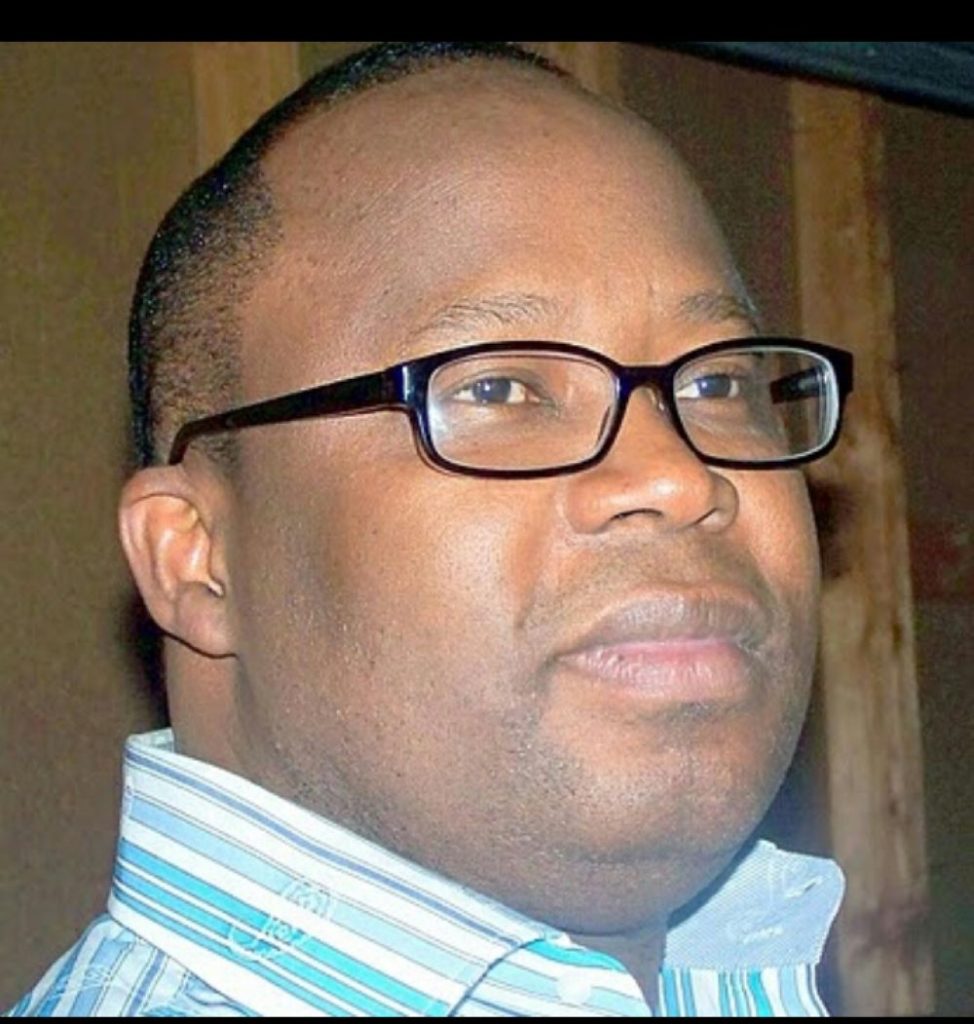The right to peaceful assembly, enshrined in Article 17 of the Liberian Constitution, is a cornerstone of democratic expression and a vital channel for citizens to voice their concerns and advocate for societal change. This fundamental right empowers individuals to collectively express their sentiments for the common good, fostering civic engagement and contributing to the evolution of a functioning democracy. However, the sanctity of this right is often violated by a minority who misinterpret it as a license for hooliganism and vandalism, thereby undermining the very essence of peaceful assembly and eroding respect for the rule of law. This essay argues unequivocally that acts of violence and destruction cannot and should not be equated with the constitutionally protected right to peaceful assembly.
Peaceful assembly, in its true form, encompasses gatherings, protests, and movements conducted without resorting to violence or property damage. It provides a platform for citizens to engage in constructive dialogue, critique the government, and advocate for socio-economic reforms, all within the bounds of legality and ethical standards. Conversely, hooliganism and vandalism represent a blatant disregard for these principles, disrupting public order and causing societal harm. Hooliganism, characterized by unruly and disruptive behavior often leading to violence, and vandalism, the intentional destruction or damage of property, are criminal acts that violate both the law and the spirit of peaceful assembly. These destructive actions not only contravene constitutional protections but also silence the voices of those seeking to express themselves peacefully, thereby hindering meaningful dialogue and impeding societal progress.
The critical distinction between peaceful assembly and lawlessness lies in recognizing the fundamental difference between lawful protest and criminal activity. While peaceful assembly promotes dialogue and societal advancement, hooliganism and vandalism engender fear, instability, and societal regression. The repercussions of these destructive acts are far-reaching, eroding community trust, discouraging investment, and undermining public confidence in institutions designed to protect rights and freedoms. Particularly in a nation like Liberia, with a history marked by civil conflict and social division, upholding the rule of law is paramount. Equating acts of violence with peaceful assembly sets a dangerous precedent, legitimizing lawlessness and eroding faith in legal institutions. This not only damages the credibility of law enforcement but also jeopardizes the efforts of those who genuinely seek to express their concerns through lawful channels.
The rule of law, a fundamental pillar of national governance and societal order, dictates that all citizens are equal under the law and that justice is administered fairly. Adherence to this principle is particularly crucial in post-conflict societies like Liberia, where rebuilding trust and fostering stability are essential for progress. When hooliganism and vandalism are tolerated or minimized as mere expressions of assembly, it undermines the social contract and fosters a climate of impunity. This erosion of respect for the law not only emboldens those who engage in destructive behavior but also discourages peaceful civic engagement, creating a vicious cycle of unrest and instability. It is imperative for Liberia to cultivate a culture of respect for the rule of law, where peaceful protest is celebrated and violence is unequivocally condemned.
The youth of Liberia bear a significant responsibility in shaping the nation’s future. They must learn from the past, recognizing the devastating consequences of unchecked violence and instability. The tumultuous history of Liberia, particularly the periods of civil conflict, serves as a stark reminder of the fragility of peace and the importance of upholding the rule of law. The youth must reject the allure of hooliganism and vandalism, recognizing that these destructive acts undermine the hard-won freedoms for which many sacrificed their lives. Instead, they should embrace peaceful assembly and constructive dialogue as tools for positive change, channeling their energies towards community service, advocacy, and collaborative efforts to improve Liberia’s socio-economic landscape.
Hooliganism and vandalism are not expressions of peaceful assembly; they are acts of lawlessness that undermine the very fabric of society. The Liberian Constitution guarantees the right to peaceful assembly, but this right comes with the responsibility to exercise it responsibly and respectfully. The people of Liberia must uphold the principles of their Constitution, ensuring that their actions reflect a commitment to law, community, and peace. By rejecting violence and embracing constructive dialogue, Liberia can build a brighter future where the right to peaceful assembly is exercised responsibly and contributes to the nation’s progress, rather than its destruction. The youth, as critical stakeholders in Liberia’s future, must champion peaceful change, advocating for their rights and aspirations through lawful means, and ensuring that their voices are heard not through the din of destruction, but through the power of peaceful and constructive engagement.


